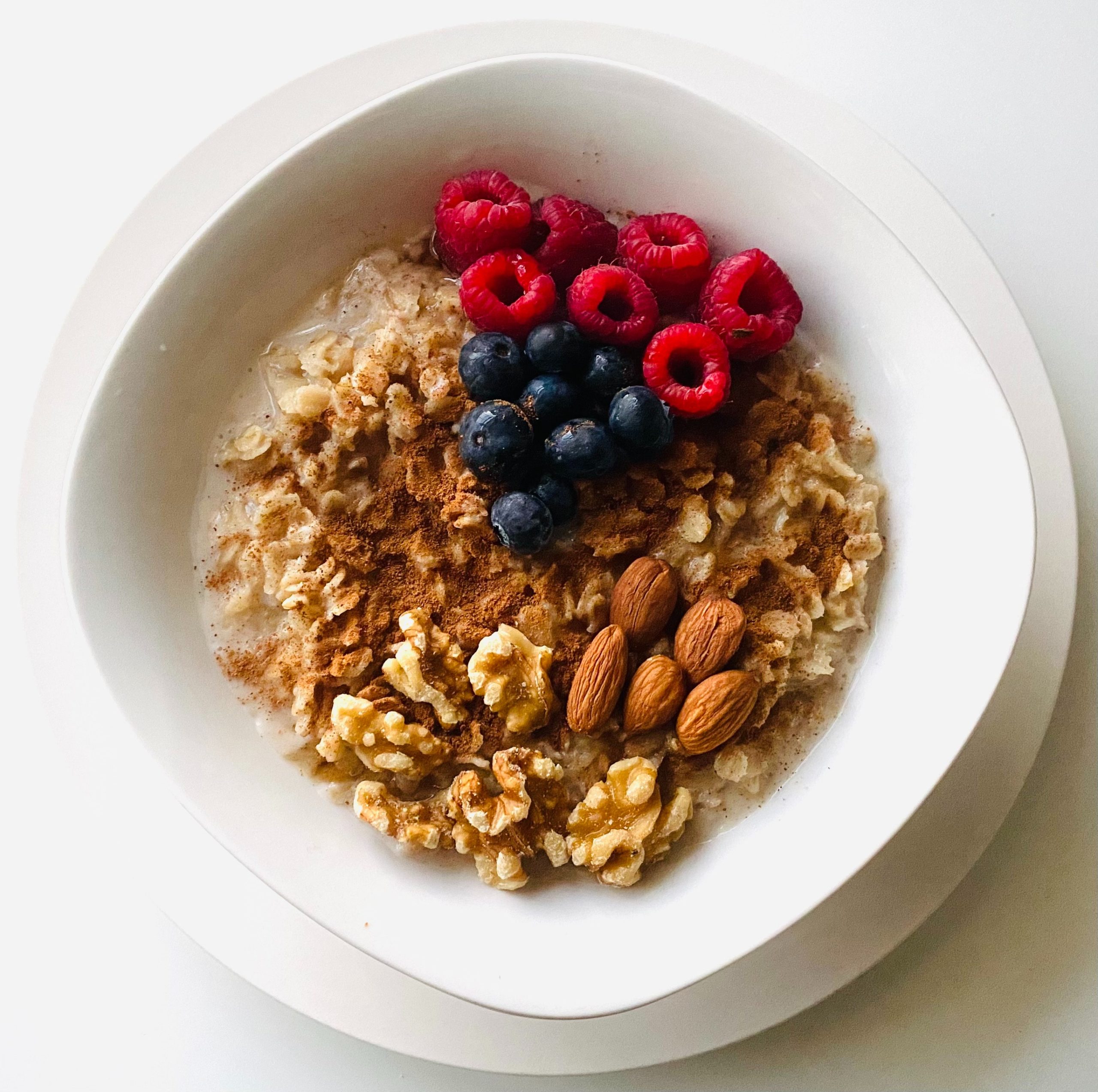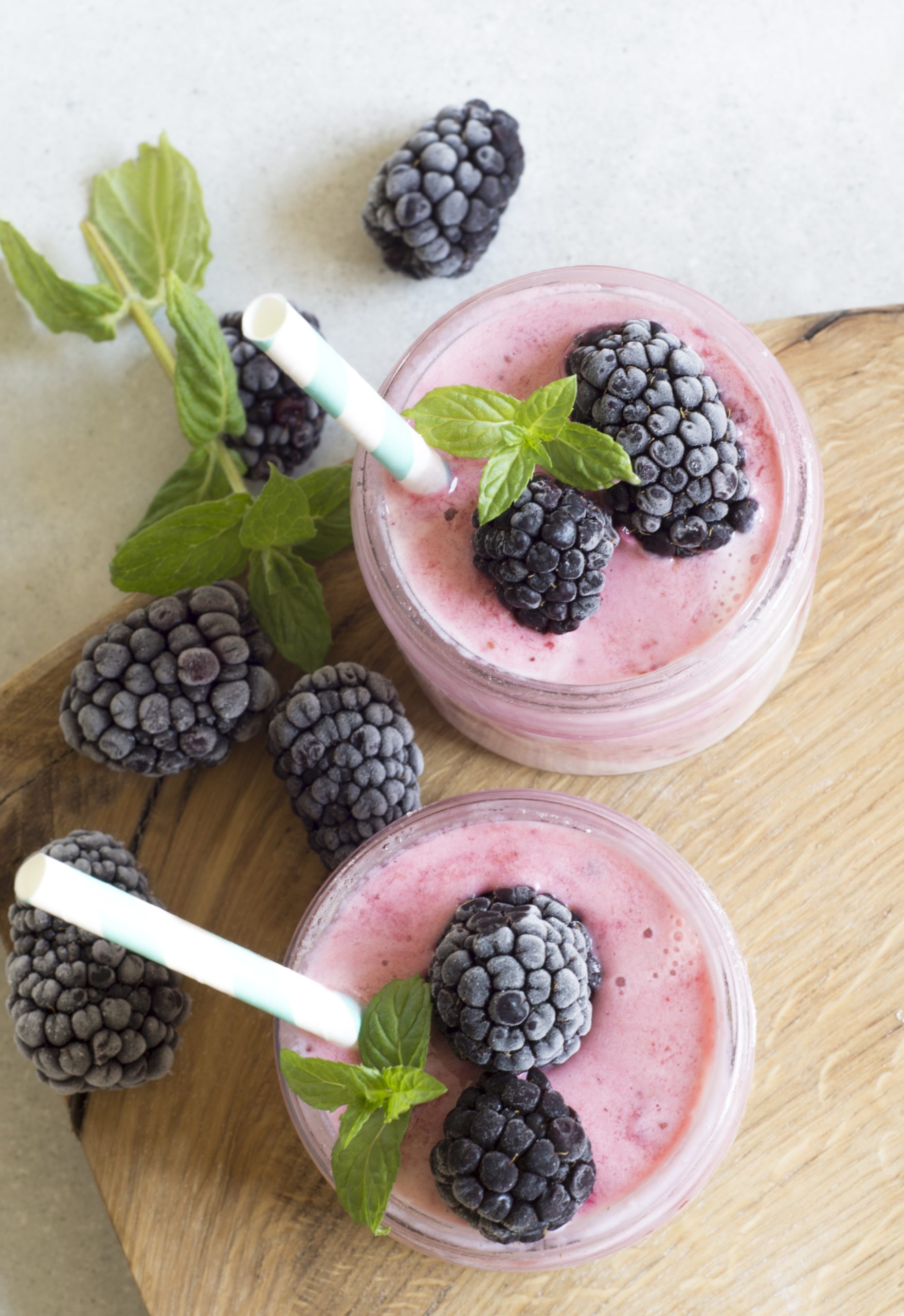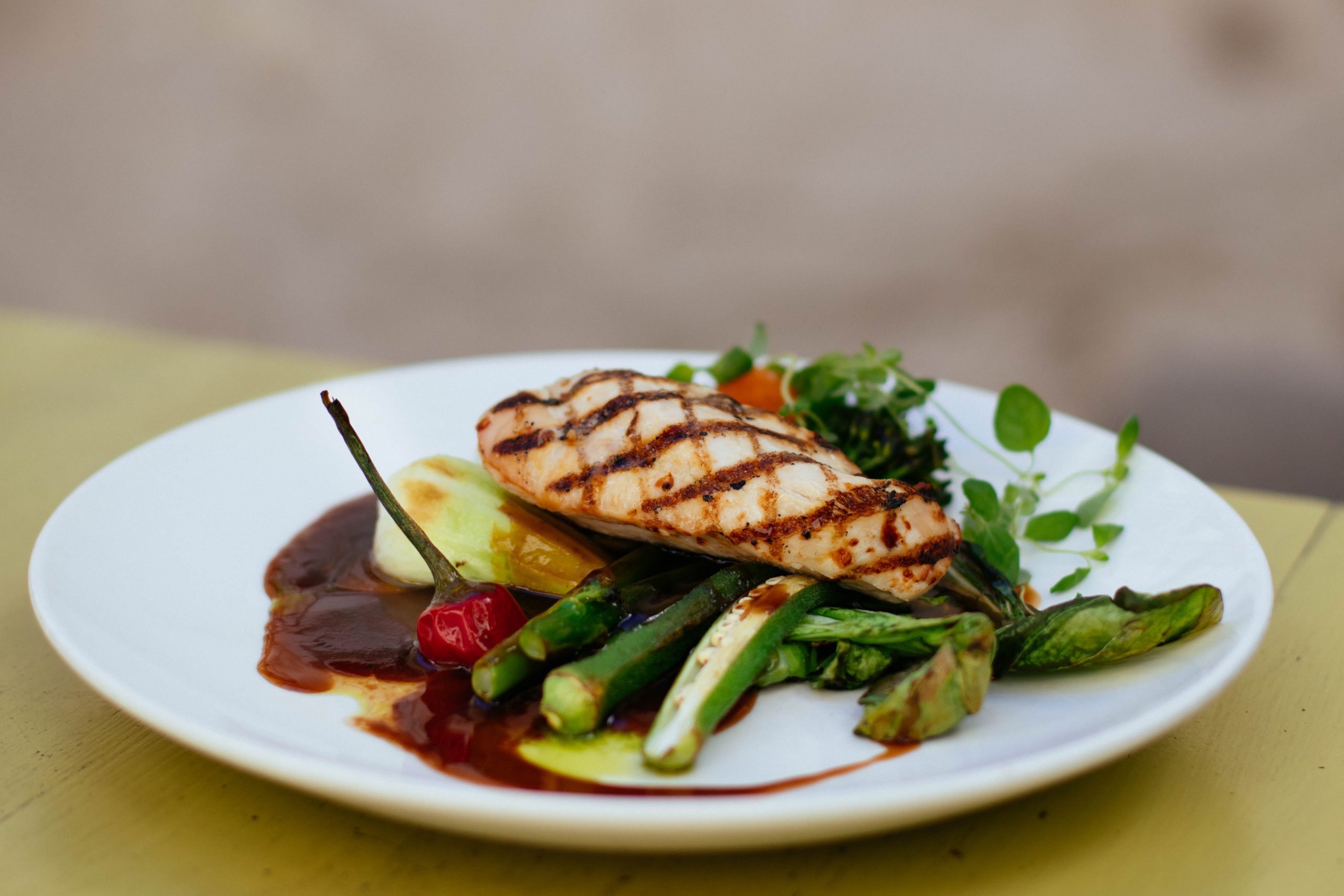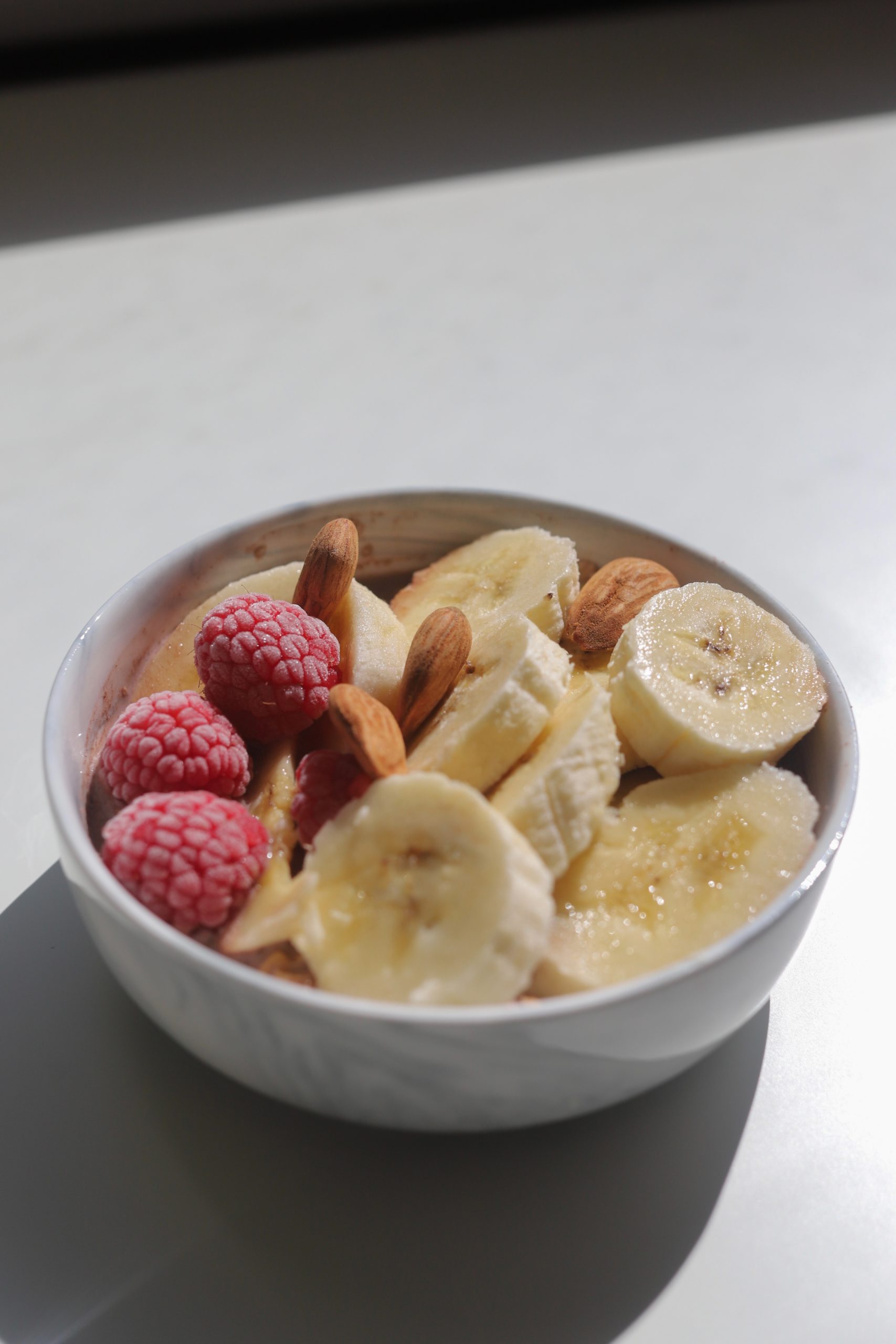
The Importance Of Good Game Day Nutrition
Athletic Skills and advanced training are essential for aspiring college athletes. However, another factor that has a massive impact on an athlete’s performance is optimal nutrition. No matter what sport you play, you need the proper fuel to train and perform well. Here are some game day nutrition tips for young aspiring college athletes that help produce optimal performance. These tips are practiced at EXACT college ID camps.
Carbohydrates Boost Energy
Carbohydrates or carbs are a source of energy. Choosing foods like crackers, whole-grain bread, potatoes, pasta, and cereal can help to keep the energy levels high for longer periods of time.
Protein Rich Foods
Proteins are vital for the muscles as they keep them strong and recover from intensive exercise routines and well-played games.
Young athletes should eat protein foods throughout the day and make them a part of every meal. Some examples are eggs with whole-wheat toast for breakfast or a low-fat deli sandwich for lunch. Plant-based protein foods like beans, tofu, and impossible burgers are great options too.
Avoid Fatty Foods On Game Day
Fatty foods should be avoided as much as possible due to the fact that they slow the digestion process and make an athlete feel sluggish during performance. Try to skip the fried, greasy foods, desserts, pizza, and french fries before the big game to keep the fat consumption on the lower side.
Hydrate Regularly
A key factor for an athlete’s poor performance is dehydration. Athletes must consistently drink water and keep themselves hydrated during the days leading up to the game. It is very important to hydrated 2 to 4 hours before the game. Athletes must continue drinking fluids during and even after the game to rehydrate and make up for sweat loss.
Timing Your Nutritional Intake
While eating right is essential, it is equally vital to eat at the right time. The body needs about 2 to 3 hours to digest a regular meal like breakfast or lunch before the game. A snack like a granola bar can be eaten 30 minutes to an hour before the competition. Athletes must keep in mind that they need to load up on meals without overeating and eat a light snack close to game time.

Be Mindful Of Food Safety
Nothing is worse for an athlete than having to battle food poisoning before a game. Avoid stomach cramps, vomiting, nausea, or diarrhea, by storing food at the right temperature and preventing spoilage. Items like granola bars and fresh fruit can be stored at room temperature. Foods like cheese, yogurt, salads with mayonnaise, eggs, deli meats, etc., must be stored in a cooler or refrigerator.
Plan Your Game Day Nutrition
Breakfast
Breakfast is the most important meal of the day. It helps to refuel your body after a night’s sleep and jumpstart your day so that you can perform efficiently.
A pre-game breakfast can consist of scrambled eggs with fruit, lightly grilled potatoes, or whole-grain bread, along with orange juice or fat-free milk.
Lunch
Athletes must never skip lunch. Lunch should be hearty and must include foods from diverse food groups. Some examples are whole grains, lean proteins, vegetables, fruits, and low-fat dairy. Athletes must eat lunch 3 to 4 hours before the activity, so the body has enough time to digest the meal.

During Practice or the Game
Athletes must remain well hydrated during the game as dehydration can impact their well-being and performance. In addition to drinking adequate water, foods containing carbohydrates and potassium, like potatoes, bananas, and low-fat milk, also help replenish the body.
After Practice or Afternoon Snack
Sometimes children may feel hungry when they get home after a demanding day on the field and may want to snack before dinner. Options like fresh fruit, fruit smoothies, or low-fat yogurt are good choices during this time.
Dinner After the Game
A challenging practice session or game calls for a tasty and filling family dinner. This meal must include the five major food groups like grains, protein, vegetables, fruit, and dairy.
Athletes could have whole-wheat pasta with cheese sauce, served with a side of vegetables, or a salad. For proteins, they could have baked or lean cuts of salmon, tuna, or chicken breast. Fruits with dessert can be included, such as baked pears or apples, along with a glass of fat-free or low-fat milk to complete the meal. (Castle)
Young athletes must understand the importance and timing of their meals to fuel up on the game day. These game-day nutrition tips will help them perform at their peak.
Hydration Is Key
And let’s not forget to drink lots of water. For most young athletes, water will be your best bet for hydration. If you exercise for 60-90 minutes, it’s very hot, or you have an extremely intense workout, you may also need to replace your electrolytes. But if you do, look for drinks that don’t have a bunch of sugar
It’s game day, and you want to perform your best. What can you eat to help elevate your play? Start by eating real foods and stay away from processed foods. I know it can be difficult if you’re hustling to get to your game or match, you might feel like slamming down a bowl of sugary cereal and calling it good. But taking the time to eat a healthy breakfast and bringing along fresh snacks and a good meal can make all the difference in the world.

The Pregame Breakfast
Start your game day off right with a power-packed breakfast. Look at options that include carbohydrates and protein.
- Eggs, sweet potatoes and veggies
- Oatmeal topped with almonds and sliced bananas
- Potatoes and scrambled eggs served with fruit
- Greek yogurt, berries of your choice and a dash of granola
- Last night’s leftovers (if their healthy)
Game Day Snacks
It’s important for most athletes to have a pregame snack 30-60 minutes before the game. And don’t forget to have a snack post-game later in the day, especially if you’re playing in a tournament all weekend. Snacks should be foods such as easily digestible carbohydrates and small amounts of protein.
- Veggies (carrots, broccoli, cauliflower, peppers)
- Raw Nuts/Seeds
- Hard-boiled eggs
- Hummus (with carrots or whole-grain crackers)
- Avocados
- Organic Nut Butters (with whole grain crackers)
- Fruits (Berries, Apples, Oranges, Figs)
- Carbohydrates (Oatmeal, Sweet Potatoes, Brown Rice, Quinoa)
- Organic Jerky
- Homemade energy bars
Your Pregame Meal
You should eat a balanced meal two to three hours before the game. The meal should include healthy carbohydrates, protein, and vegetables or fruit. Never skip a pregame meal. And always drink 12-24 ounces of water with your meal to stay hydrated.
- Brown rice, salmon, and roasted vegetables
- Whole-wheat pasta, grilled chicken with sauce and vegetables
- Chicken sandwich on whole wheat bread with vegetables
- Whole-wheat turkey, hummus, spinach wrap
Great Post-Game Snacks and Meals
Nutrition after the competition is just as important as fueling up before and during games. Eat a healthy snack containing both protein and carbohydrates within 30-45 minutes after finishing exercise.
- Fruit smoothie with Plain Greek yogurt
- Cottage cheese with berries
- Apple and string cheese
- Plain Greek yogurt topped with granola or fruit
- Chocolate milk
- Banana with nut butter
- Homemade protein bar
- Eat a balanced post-game meal one to three hours after a game. This will help with energy and muscle recovery. The meal should contain carbohydrates, protein, vegetables or fruit.
- Turkey chili with whole wheat bread
- Baked salmon with quinoa and vegetables
- Whole grain turkey sandwich with vegetables
- Chicken burrito on a whole-wheat tortilla
- Chicken stir-fry with brown rice
- Poached eggs on whole-wheat toast and fruit
What Foods To Avoid On Game Day
Cut out candy, baked goods, fried foods, Nutrition Tips for Game Daychips, pizza, bagels, processed meats, and fast foods. They cause inflammatory responses in your body. And it may help to skip dairy, high-fat, and high-fiber foods on game day. They can be harder to digest while your body is busy exercising, which can cause stomach cramps and other gastrointestinal symptoms. They may also leave you sluggish and tired. Get to know your body and how it reacts to certain foods.
Don’t drink soda, it’s loaded with sugar and calories, and has no nutrients. Say, NO to caffeine-fortified drinks and pass on sugary sports drinks. Your friend on the playing field is water.
How To Store Your Food
Keep your real food ready to eat. Store meat, cheese, yogurt, eggs and other items that may spoil, in a refrigerator or cooler. Items like nuts and fruit can be tossed in your workout bag.
Healthy Nutrition, Healthy Athlete
It’s super important to eat the right foods before your big game and learn what foods help you the most on game day. But the best way to improve your game is to eat healthy foods throughout the season, drink lots of water and allow yourself to play to your greatest potential.
To make sure your day is a success, plan on eating real food and drinking a lot of water.
Key Takeaways: Eat Like A Pro
Game-day nutrition is not just about pre/during/post-game strategies; you have to look at the big picture of the entire day and days leading up to game day.
The main objectives for game-day nutrition are to maintain hydration, maintain blood glucose, maintain amino acid levels and decrease any and all gastric discomfort.
Nutrition is truly a primary pillar for athletes looking to optimize their performance, recovery and body composition. You cannot perform at your best if you are not fueled properly, no matter who you are.
